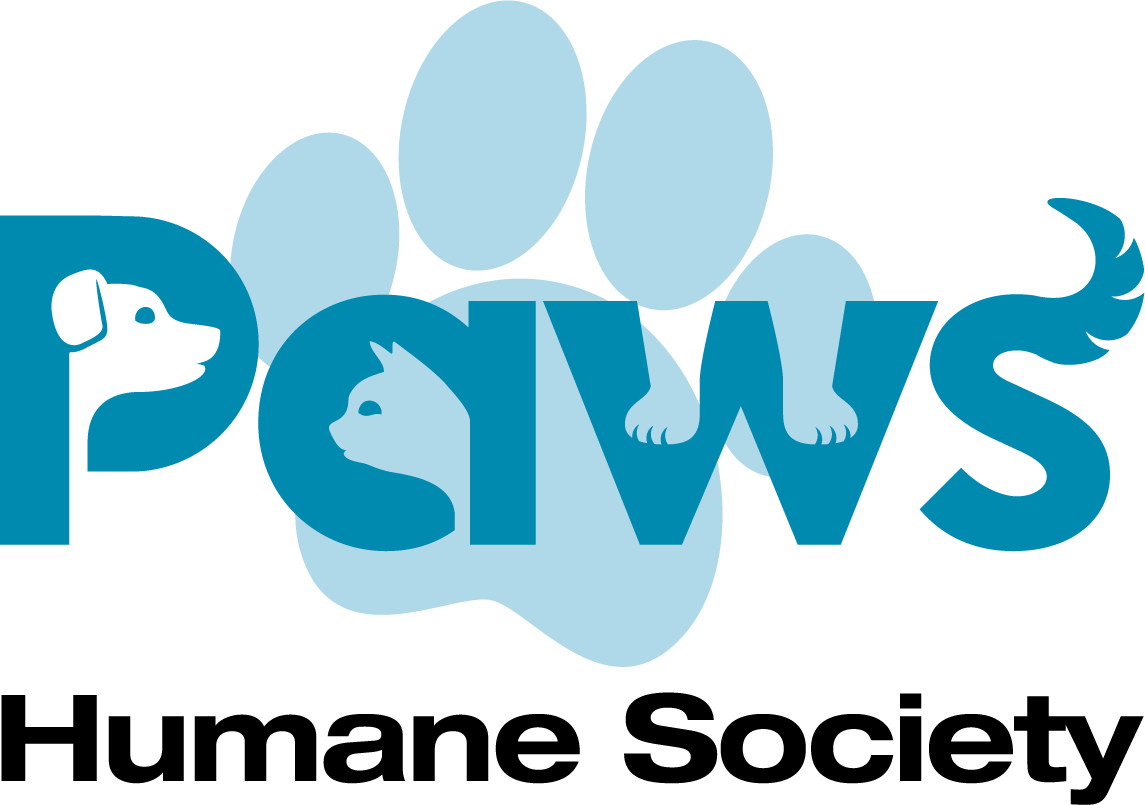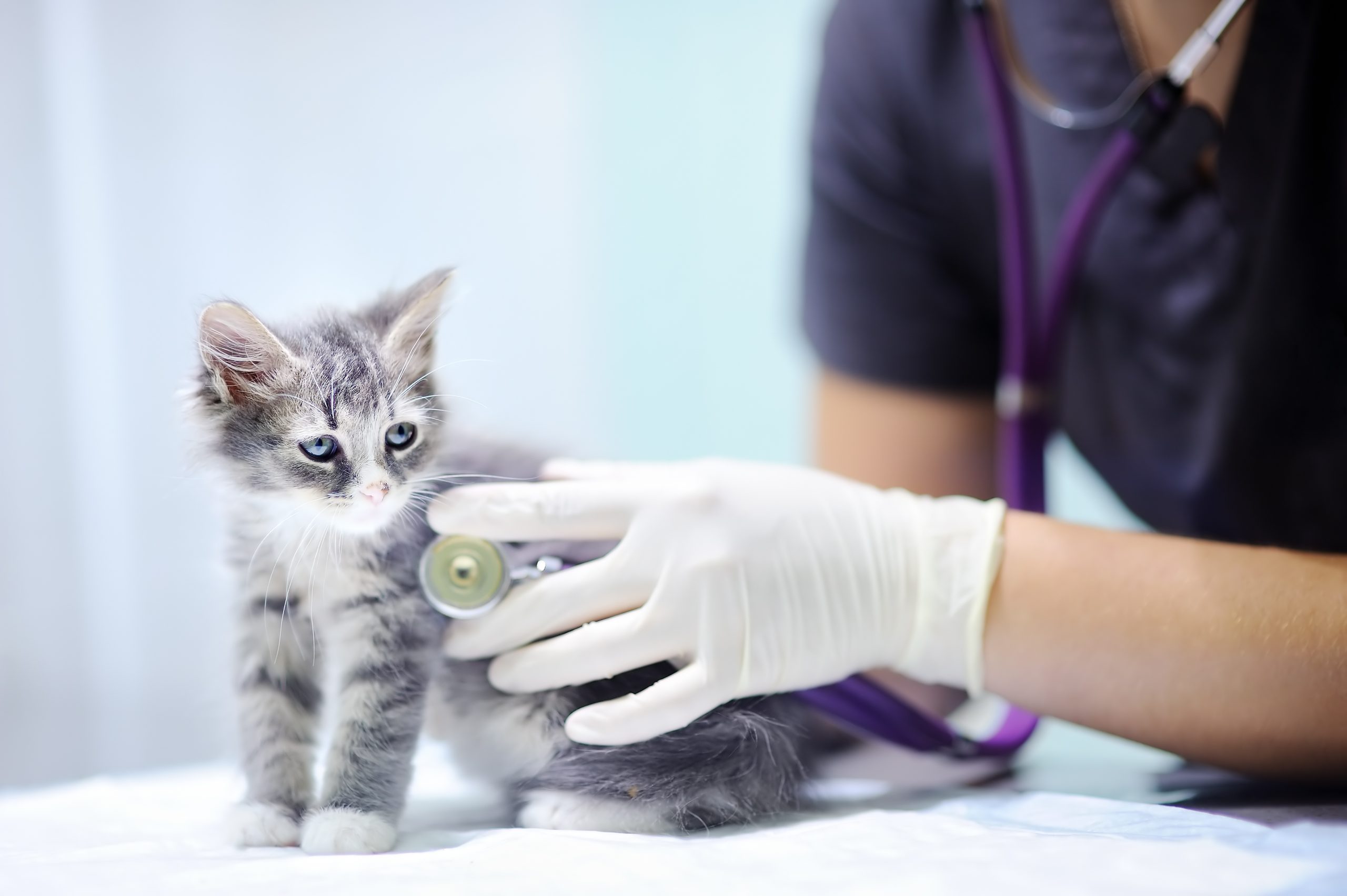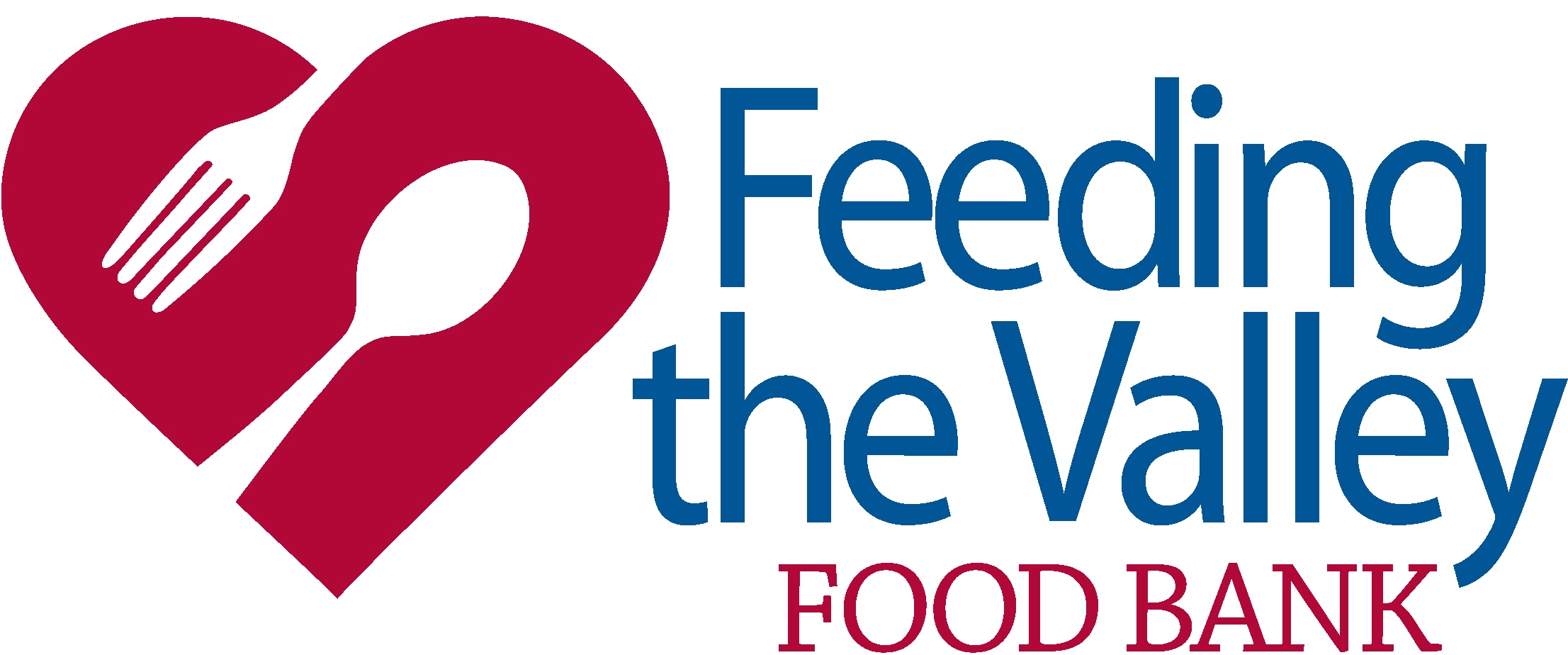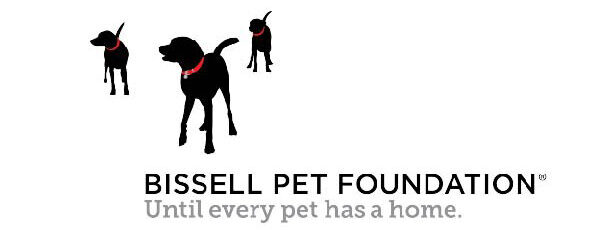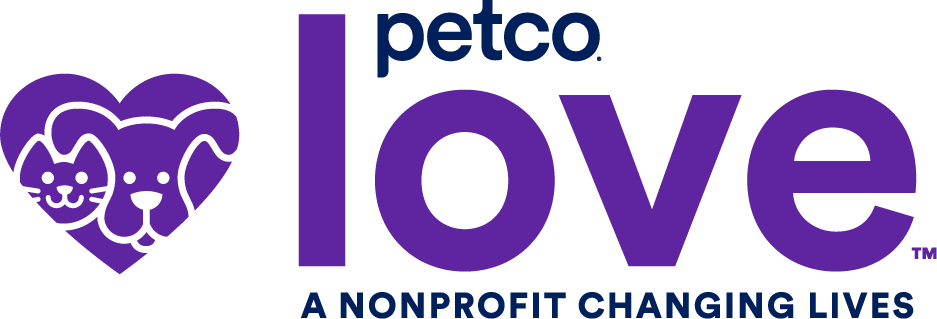We don’t hear about rabies too often in the U.S. because, since 1960, almost all cases occur in wildlife, primarily bats and raccoons. Prior to this, however; it was not uncommon for our own pets to transmit this dread disease to their humans.
We can thank our county, state, and national health agencies for reigning in this terrible zoonotic disease. They did it mainly by enacting strict legal requirements to vaccinate our pets. In addition, there are laws that require all animal bites to be reported. After a bite, an animal must be quarantined for 10 days to ensure he/she was not infectious at the time of the incident.
If an animal bites, but can’t be caught, the bite victim will receive a series of 4 injections to keep the disease from taking hold. Once symptoms begin to occur, treatment options are extremely limited. At that point, there is little medical science can do for the afflicted person.
Rabies is most common in rural Africa and Asia, where prevention and treatment is not readily available. It is estimated that throughout the world, thousands of people die from the disease every day with 90% of these cases caused by a dog bite.
Rabies isn’t always expressed as the stereotypic agitation and frothing at the mouth, referred to as “furious” rabies. Alternatively, rabies may manifest as a slow but progressive paralysis that spreads throughout the entire body, eventually resulting in coma and death.
World Rabies Day, observed on September 28 each year, is recognized by several major health organizations. Special events are held on this date all over the world to raise awareness and provide information that aids in the prevention of the disease. Though rabies may never be eradicated, we can certainly curtail its transmission.
Paws Humane Society is doing our part to raise awareness and control the spread of rabies by offering free vaccination clinics in various neighborhoods in Columbus. We generally focus on small neighborhood events by inviting people we have already met through our Pets for Life program.
We find that most people want to take care of their pets, but not everyone has easy access to a traditional full-service veterinary practice. This may be due to economic barriers or limited English proficiency. Some folks may lack transportation or simply the freedom to take time off work for a veterinary appointment.
Whatever the issue, Paws Humane Society goes to great lengths to bring basic veterinary care within reach of everyone we meet. We are not your grandmother’s humane society. We do it all in order to make the world a better place for animals and the people who love them.
